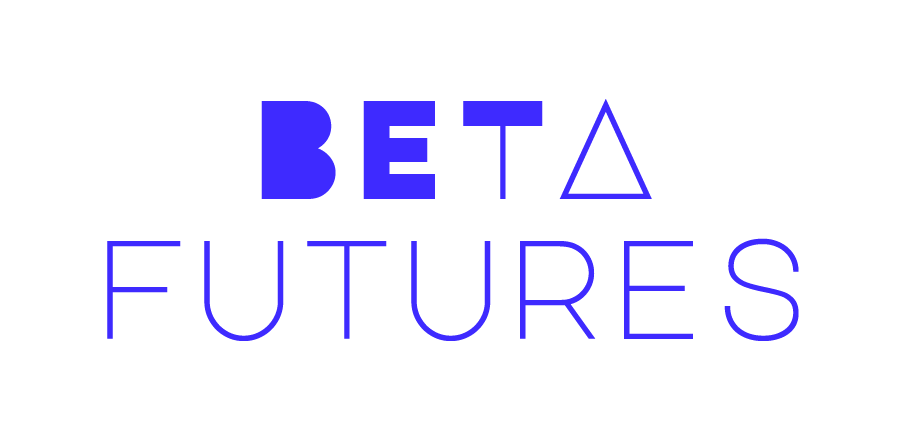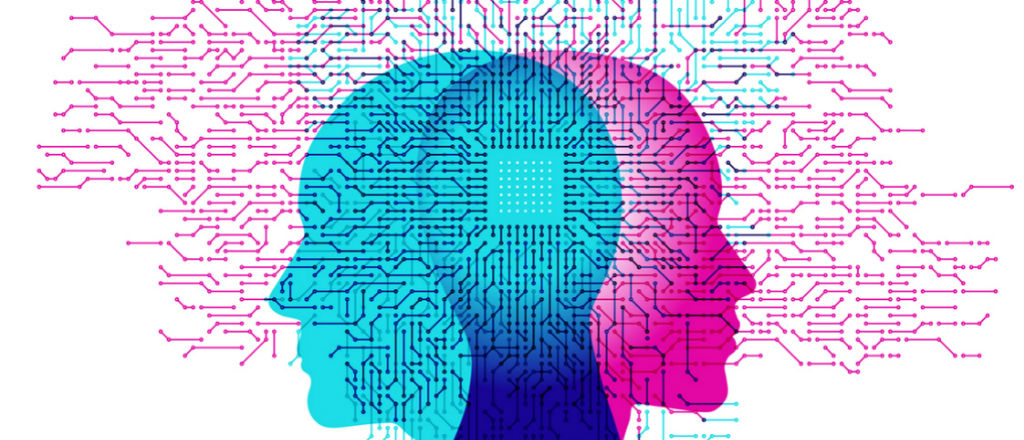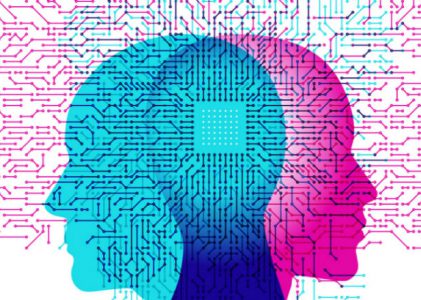It is generally accepted that human decision making is subject to various biases which impact outcomes. Whether in the conscious or subconscious, people were not able to escape their internal wiring for the most part. A major breakthrough which showed promise of enabling decision making without the bias was the advent of automated decision making. What could be more fair than a computer undertaking decisions devoid of prejudice and judgment?
The possibilities seemed endless and utopian. Algorithms have become the critical component that has enabled various media platforms to become a modern day iteration of big brother. The all seeing and all knowing entity that has the inside track on everything that we do with the ability to inject direction into our actions. As a result this is no longer just a surveillance scenario, where one’s actions are tracked and monitored. It is an interactive universe, but hardly a two way street. One side has the ability to participate without any influence over the rules of the game. While the other, sets the rules, spins the wheel, watches the hamsters run the maze, analyzes everything and hits reset now and again. But because there are billions of hamsters, enter the algorithm to manage the whole lot.
The big brother managing the analog flock was biased and passed on those biases to the algorithms by virtue of programming them. In order for the algorithms to be unbiased they would either have to have been programmed by someone devoid of bias or would have to have the ability to rid themselves of bias which is unlikely as that would require sentience. As a result, those creating the algorithms would need to be aware of, and motivated to take the biases into account when coding their platforms. As we know from history and current events, that has not happened; nor is there any desire on the part of social media platforms or even the larger digital ecosystem to strive for greater transparency, fairness and objectivity. What were once beacons of democracy have been exposed for what they are, corporations. While there is nothing inherently bad about being a corporation, it’s a lot more questionable when as a corporation you market yourself as wanting to “to give people the power to share and make the world more open and connected” when in reality your primary goal is profit and content monetization. It turns even darker in light of the current Congressional Testimony of Frances Haugen who as a former Facebook employee testified under oath that despite knowing of the harms and biases of its algorithms, the company chose to not make any corrections as the flawed model was generating optimal profits.
Armed with this new knowledge which confirms what had been suspected all along, backed by proof that Haugen took from her time with Facebook, one begins to reexamine past social media engagements, the search results, communications, likes, posts and shares; and wonders how much of it was you and how much was the algorithm’s doing. Did you have tangible and decisive control over your interactions or were they the result of the algorithms in action, creating and analyzing its biased profiles and serving similarly biased content.


